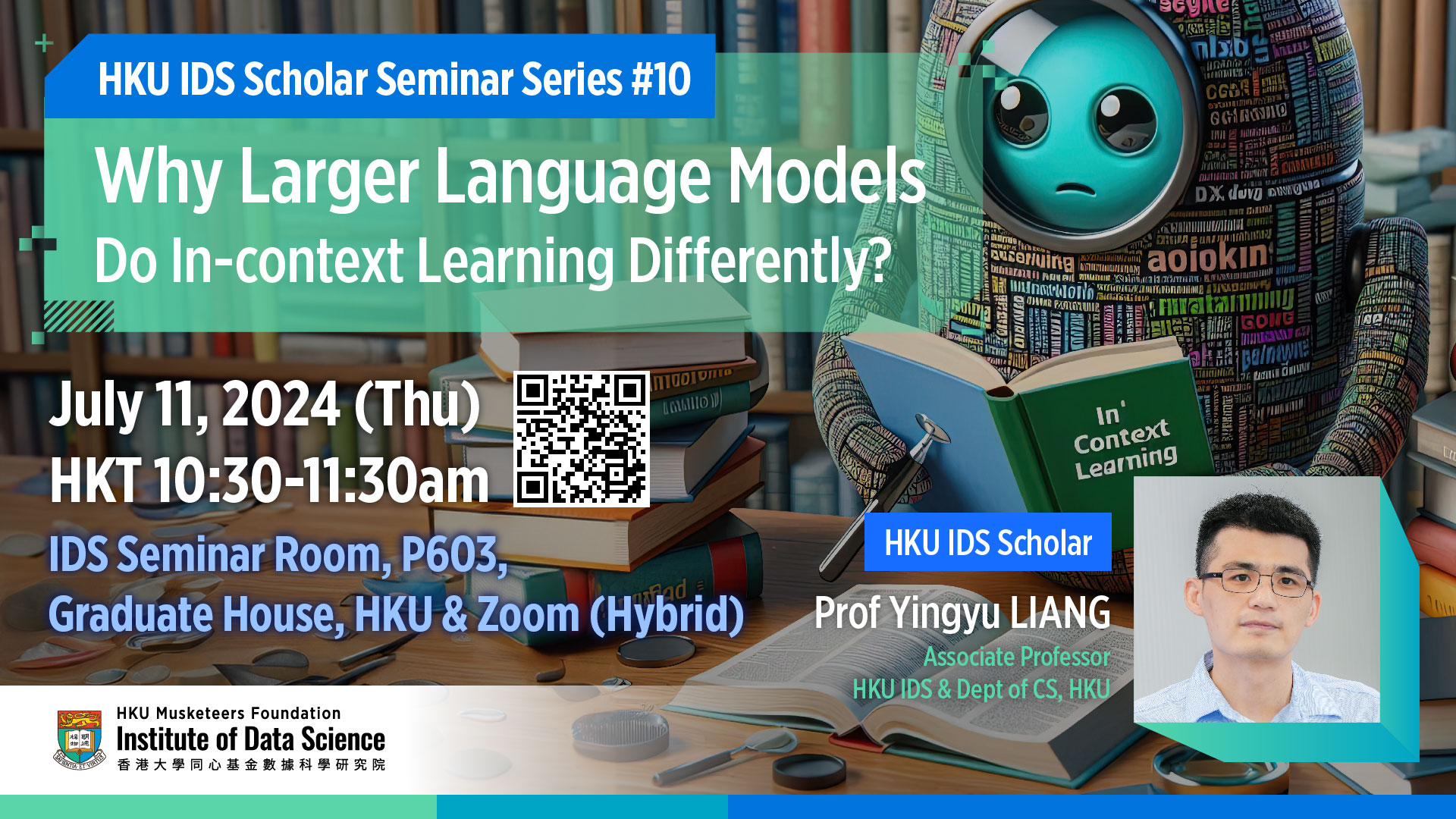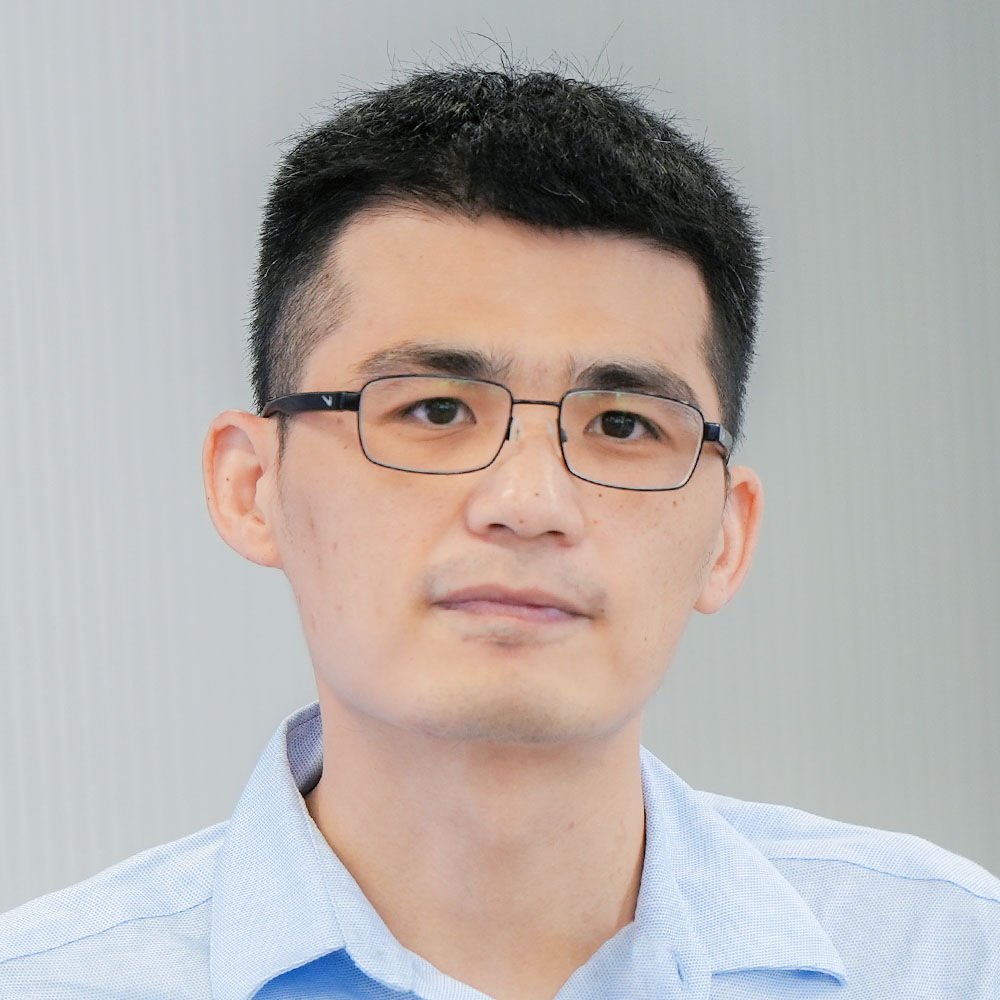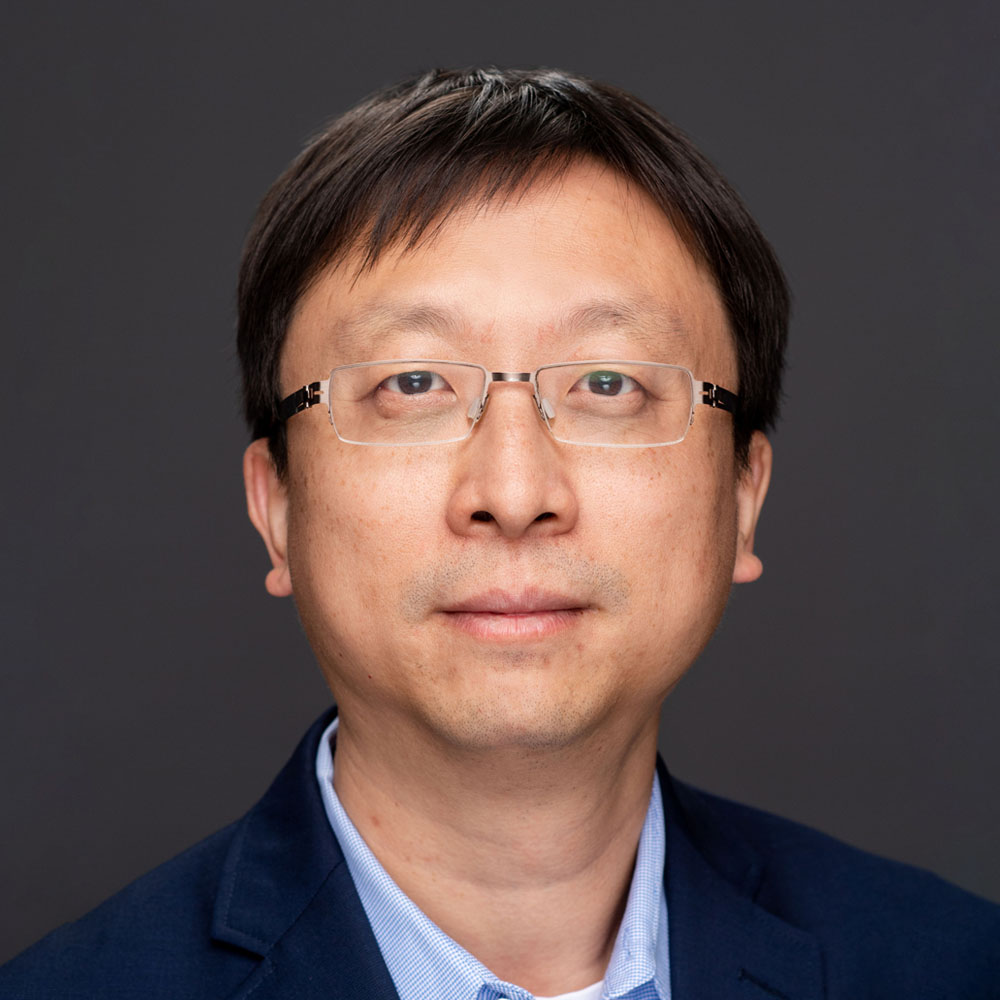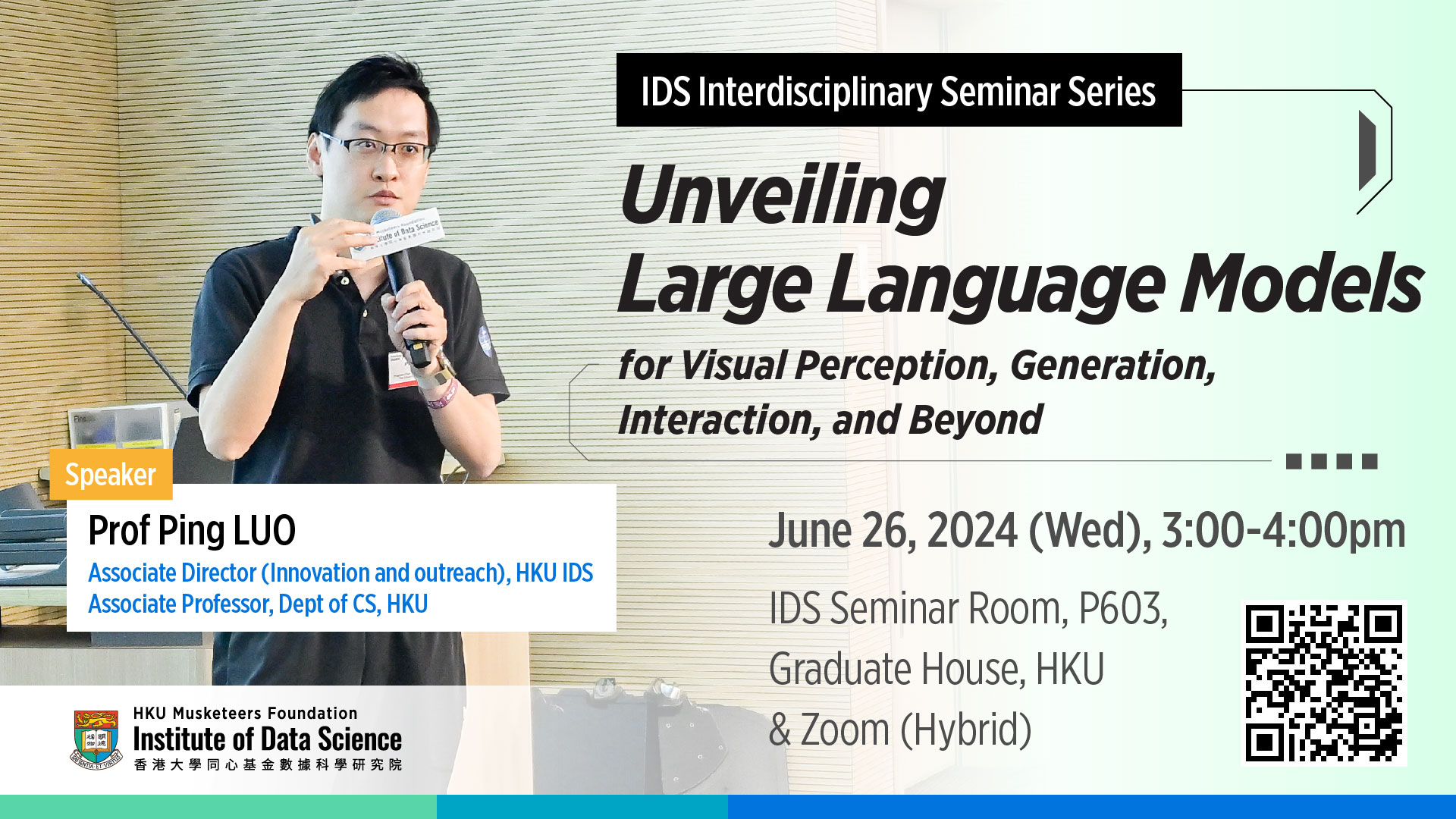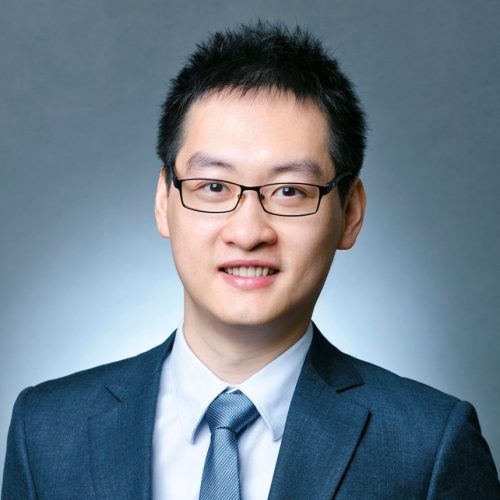
HKU IDS Scholar Prof Chao Huang Received the Prestigious "Brilliant Star" Award at the 2024 WAIC Yunfan Award!
HKU IDS faculty members are remarkable achievers in academia! We are thrilled to announce that Professor Chao Huang, Assistant Professor at HKU IDS / Computer Science, had been selected for the “Brilliant Star” Award at the 2024 World Artificial Intelligence Conference (WAIC) Yunfan Award (「WAIC雲帆獎2024 – 世界人工智慧大會組委會及機器之心」). The award serves to honour Prof Huang and his research group for their outstanding achievements and contributions in the area of AI open-source development.
Jointly organized by the WAIC Organizing Committee, the Shanghai Artificial Intelligence Laboratory, the Global University AI Alliance, and the AI Young Scientists Alliance, the Yunfan Award is deemed a highly esteemed accolade that recognizes young talents in the field of artificial intelligence and data science.
Our very heartfelt congratulations to Prof Huang for continuously striving for academic excellence! Prof Chao Huang’s research interests cover data mining and machine learning. For more information about Prof Huang, please browse: https://datascience.hku.hk/people/chao-huang/















